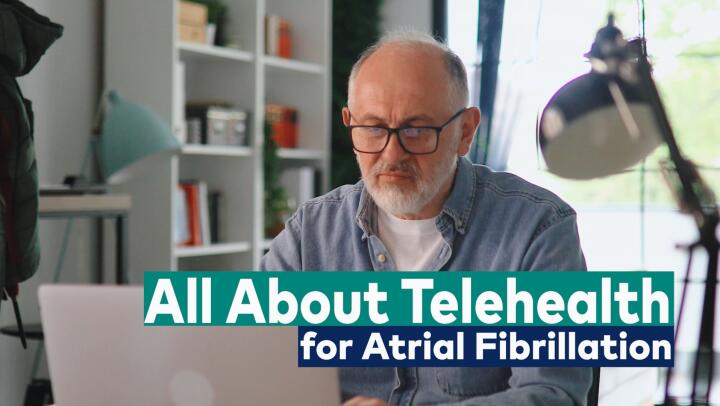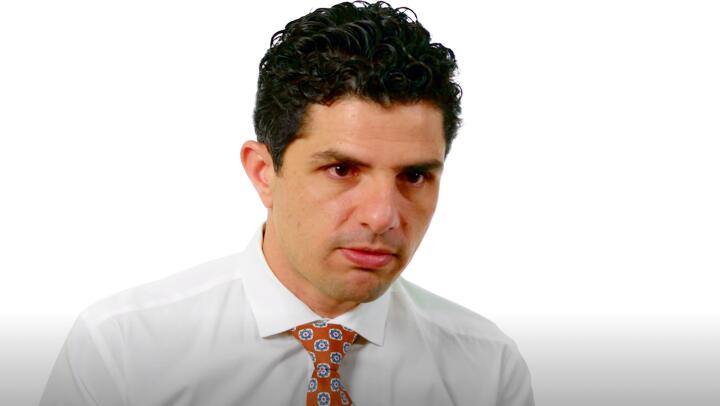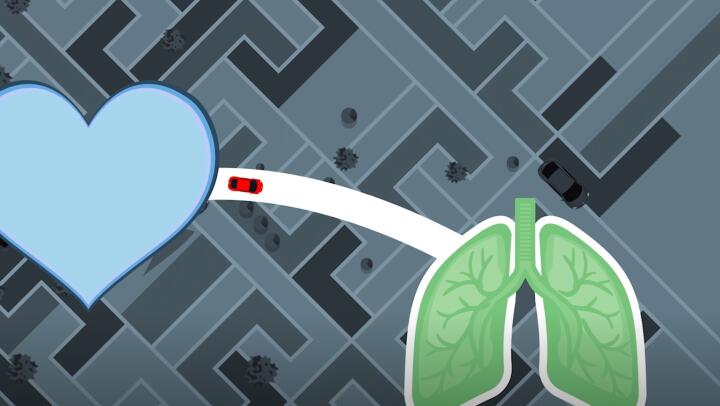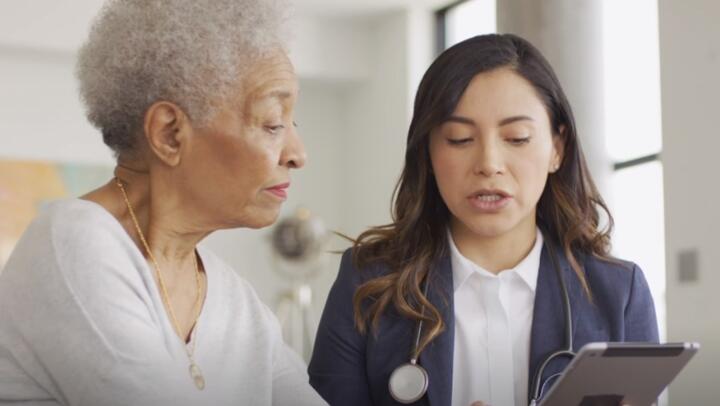
Atrial fibrillation, also called afib, is a type of arrhythmia, or irregular heartbeat. Afib can lead to other health problems, including heart failure and stroke.
The chance of having a stroke because of afib is very high. When you have afib, you have a 4 to 5 times greater risk for stroke than someone who doesn't have afib. In fact, 15% to 20% of all people who have a stroke also have afib.
Preventing a Stroke With Afib
You can lower your chance for a stroke by taking the proper steps. Here are 4 tips to reduce your risk.
Educate yourself. Knowledge is the first step in protecting yourself. Know that the risk exists. Less than half of all people with afib think they have an increased risk for stroke. Only one in three thinks afib is serious. You and your loved ones should know the warning signs of stroke, so that you can get help quickly if one occurs.
Stick with your afib treatment plan. The next step toward reducing your risk for stroke is to work closely with your health care provider to treat your afib. Often you can manage afib with a mix of medications and medical procedures. Blood thinners, such as aspirin or prescription anti-coagulants, reduce the risk of blood clots developing, and therefore help prevent stroke. Always consult with your doctor before starting or adjusting your medications. Keeping afib under control can make a stroke less likely.
Make healthy lifestyle choices. Even small changes can make a difference. Make heart-smart choices, exercise regularly, and eat healthy foods, like lots of fruits and vegetables. Keep your blood pressure, cholesterol, and weight in check. If you drink alcohol, do so in moderation; do not binge drink. If you smoke, quit.
Manage other health conditions. If you have other health issues, your stroke risk could be even higher. These include diabetes, obesity, heart disease, and even a previous stroke. So, be sure to take care of these other conditions, too. Working closely and regularly with your health care team and following your treatment plan are very important steps in stroke prevention.
Key Takeaways
Atrial fibrillation puts you at risk of having a stroke.
One of the best ways to reduce your stroke risk is to follow your health care provider's guidelines for treating your afib.
- Make other heart-healthy lifestyle choices, like eating a healthy diet, quitting smoking, exercising, and maintaining a healthy weight.




















